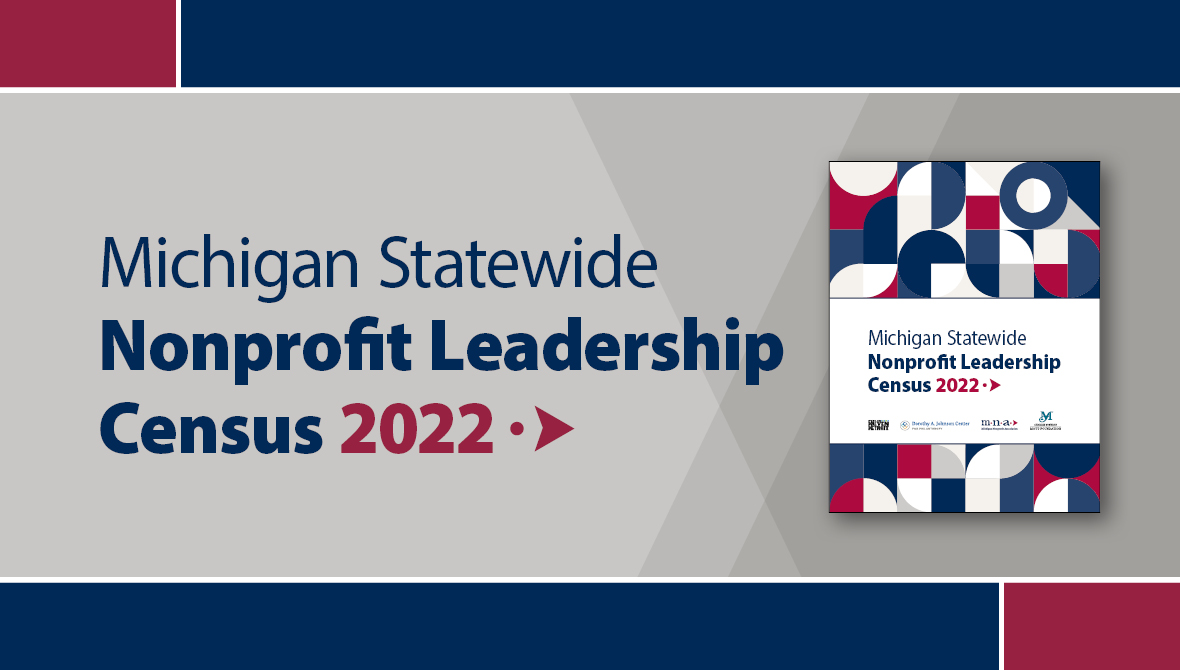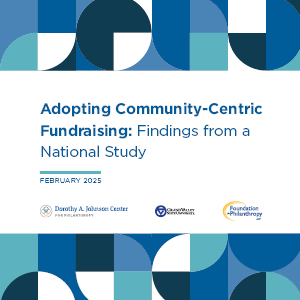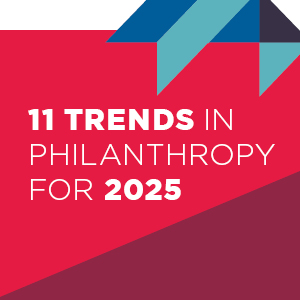Report // Michigan Statewide Nonprofit Leadership Census 2022

In December 2022, the Michigan Nonprofit Association (MNA) in partnership with the Dorothy A. Johnson Center for Philanthropy and Data Driven Detroit released the results of a collaborative, first-of-its-kind report that highlights the nonprofit racial leadership gap across Michigan.
The Michigan Statewide Nonprofit Leadership Census identifies the percentage of BIPOC (Black, Indigenous, and People of Color) nonprofit leaders statewide to provide a clear understanding of the racial and ethnic composition of staff members and boards at nonprofits. The report, which identifies equity issues facing different communities across the state, focused on six regions: Lakeshore/West Michigan, Metro Detroit, Mid-State/Central Michigan, Southern Central Michigan, Tip of the Mitt, and the Upper Peninsula. (Read the full press release from MNA.)
Key findings include:
-
Metro Detroit reported the highest percentage of BIPOC-led organizations (38%), while Tip of the Mitt reported the lowest (1%).
-
The budget range reported for most responding nonprofit organizations was concentrated in two groups: more than $50,000 but less than $250,000 or $1 million to less than $5 million.
-
At the state level, the majority of nonprofits (93%) reported only one executive director who is more likely to be at least one of the following characteristics: White, female, aged 45–64 years old, and one who has served in the leadership role for no more than five years.
-
Reporting at least one BIPOC executive director was associated with more organizations reporting multiple executive directors, younger directors, as well as a higher percentage of BIPOC members on its board and staff.
- Housing was determined to be a pressing equity issue in Michigan. Notably, BIPOC-led organizations are much more likely to choose race and ethnicity as one of their community’s most pressing equity issues.













